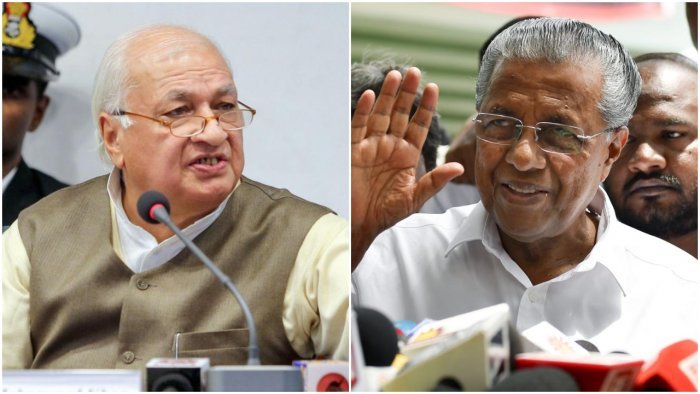The Indian Education System has given birth to the brightest minds in the world today. With over 25 universities ranked in the top 1000 institutions globally, India is the epitome of innovation, intelligence, and invention. However, political interference in university matters has risen over the years, debasing the university environment and reducing them to working centers of state. One of the reasons behind it is the turf between Central and State governments. It has been there for years, and one such conflict that has become a flashpoint is the appointment of vice-chancellors. States like Kerala, West Bengal, Maharashtra, and Tamil Nadu have been opposing the powers of the Governor, who is also the Chancellor of state-run universities. Such a dispute has drifted the focus of universities and turned them into a political battlefield. Top academicians who have contributed significantly to research for our country often succumb to political pressure. The friction created by the opposing parties has an impact beyond university administration; it is toying with our institutions that bear exceptional talent. This paper aims to analyse the deeper reasons why this conflict has risen. Why do state governments want the power to appoint vice-chancellors, and why is the Centre against it? What does our law say? These are some of the questions that will be answered in this paper.
Click Here To Read The Paper


📌Analysis of Bills and Acts
📌 Summary of Reports from Government Agencies
📌 Analysis of Election Manifestos

